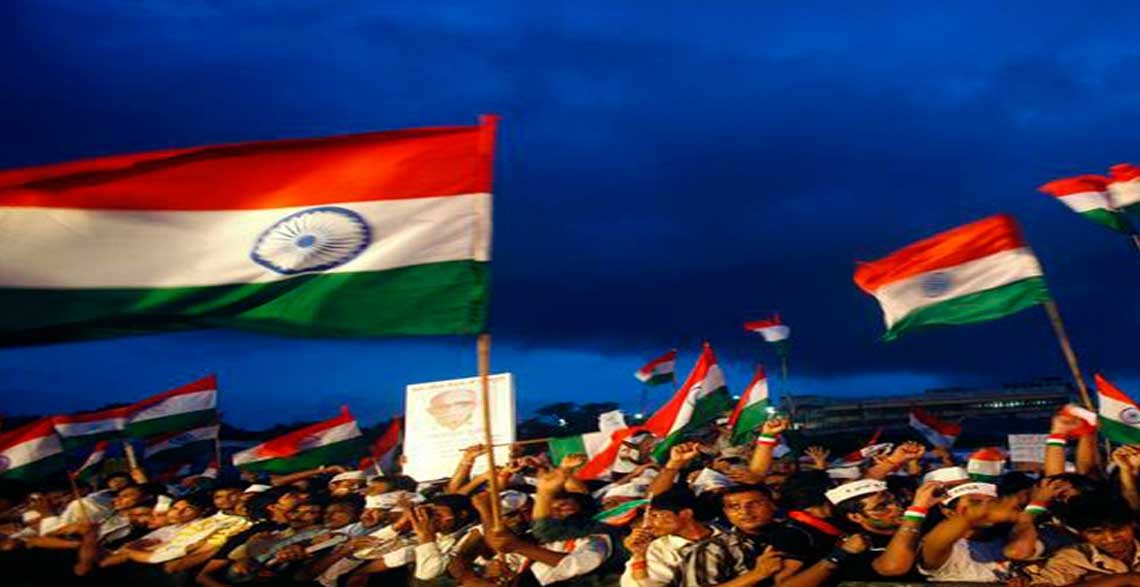Corruption in Bharat has its roots in its socio-economic uniqueness where the rich had always been rich and power was always in the hands of these people. The rich invariably belonged to the upper castes and controlled the political power in the society as well. By virtue of this distinctive feature this stratum was always in an unequal and exploitative relationship with the remaining segments of the society.
At the time of independence the evil of corruption found the ground easier to function as the government of the day had its hands full in dealing with social and regional diversities that were stretching the ‘unity’ to its utmost limits. To add to this was the problem of teaming millions of hungry and poor people. Food scarcity owing to famine added to the problem and demanded immediate dealing.
The absence of a functional industrial infrastructure made the economy of the country very brittle and overtly dependant on ailing agriculture. A whole lot of systems needed development or rectification.
In the meantime, Corruption, due to neglect and oversight, assumed monstrous proportion. All efforts to curb corruption only met with repeated failure as the corrupt were entrenched too firmly in their position from being dislodged from their manipulatively advantageous position.
By now the corruption found politicians and political parties’ perfect allies. That made the political will, to weed out corruption, too weak and at times even nonexistent.
However, Bharat found a measure to combat corruption in government agencies and public sector businesses by formulating The Prevention of Corruption Act, 1988. Ironically, it took nearly 25 years to introduce The Prevention of Corruption (Amendment) Bill, 2013 in the Rajya Sabha on August 19, 2013, and subsequently referred to the Standing committee.
After introducing this bill in 2013, it again took nearly 2 years i.e. On 30th April 2015, the Union Cabinet approved amendments to the Prevention of Corruption Act, 1988, that provide for classifying corruption as a heinous crime and longer prison terms for both bribe-giver and bribe- taker.
Today our law says both giving and taking bribes are crimes. Needless to say, this needs to be changed immediately. While the bribe-giver is invariably giving bribe for escaping harassment, the bribe taker takes bribe by misusing his powers by not doing his duty in time or by inconveniencing the people he is supposed to serve.
Undoubtedly, many historical references prove that such laws scare victims/bribe giver to file a complaint. It is also indicative of a fact that Bharat does not want to take any or much action against government officers whom the police cannot touch without “permission” which would rarely or never be given.
Do you believe that repeated governments have been responsible for shattering a dream of corruption-free Bharat and have left Indians with a forlorn hope?
If yes, than join the team of your dreams “Brahmastra” to work towards this cause!
We need as many volunteers to form effective groups and promote this cause.

